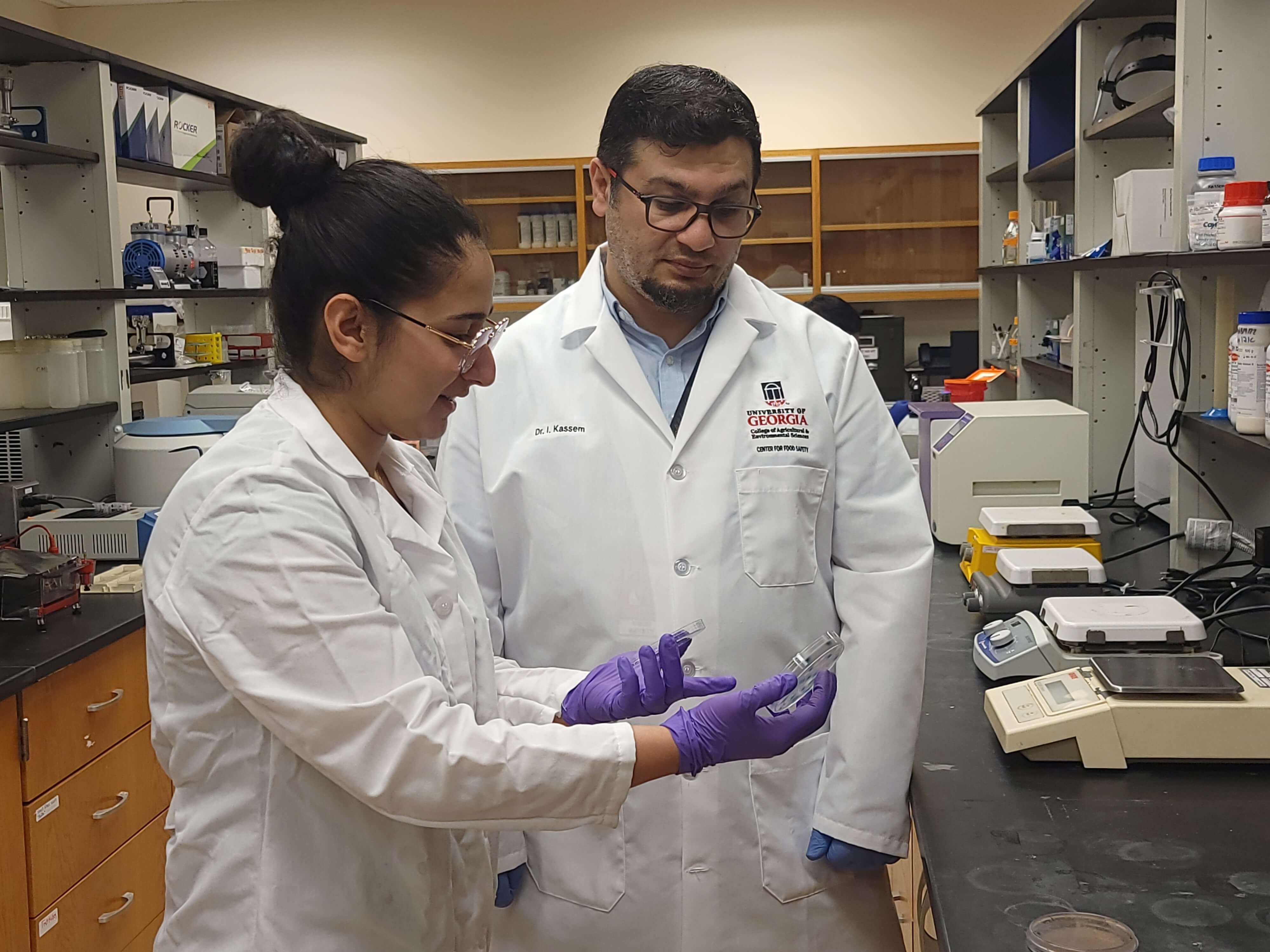Sometimes food makes people sick, leading to product recalls, either large or small. Regardless of its origins, consumers should take steps to responsibly prepare and serve their food at home, says a University of Georgia food expert.
“We still need to do everything in our control to not be the source of an outbreak. Beyond that, pay attention to the news and listen for recalls,” said Elizabeth Andress, a UGA Cooperative Extension food safety specialist.
To keep foodborne illness at bay in the kitchen, Andress says to:
- Keep food below 40 degrees or above 140 degrees.
- Refrigerate or freeze meals within two hours of preparing or cooking them. Refrigerators should be set at 40 degrees or below. Freezers should be at 0 degrees or below.
- Reheat cooked foods to 165 degrees. After four days, though, leftovers should be eaten, frozen or thrown away.
- Clean and sanitize food preparation surfaces after exposure to raw meats, poultry, fish or eggs.
- Cook ground beef and other meats, poultry and eggs thoroughly. Hamburgers should reach 160 degrees in the middle and heat poultry to 170 or 180 degrees to eliminate rubbery texture and pink color.
- To store food, divide into smaller quantities that will cool quickly and spread the containers out in the refrigerator until they are cooled.








